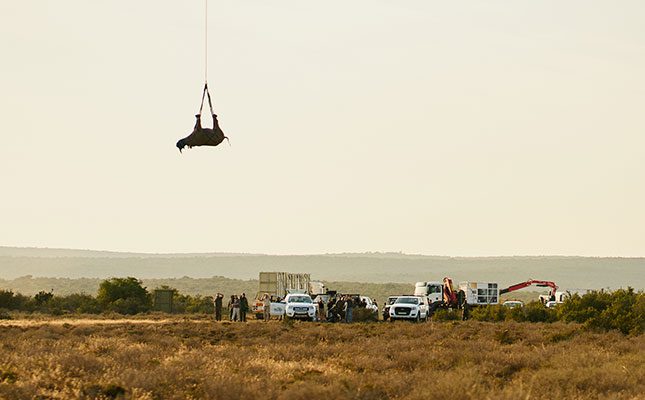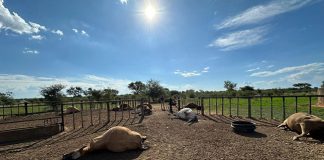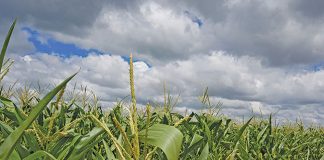
As part of its celebration of World Rhino Day on 22 September, the World Wide Fund for Nature (WWF) announced that more than 200 rhino calves had been born on its sites since the first black rhinos were moved in 2004.
As a result of these and other efforts, black rhino numbers have more than doubled in the past two decades from their low point of fewer than 2 500 individuals to a more recent estimate of around 6 200 animals, according to official International Union for Conservation of Nature figures released in 2022, the WWF said in a statement. The black rhino population was estimated at more than 100 000 about 120 years ago.
The African continent’s white rhino population meanwhile has increased by 5,6% to 16 800.
According to figures released by the Department of Forestry, Fisheries and Environment, 231 rhinos were poached in South Africa between January and June 2023. Compared with the same period in 2022, the number of rhinos poached showed an 11% decline.
The main aim of BRREP is to increase the numbers of the critically endangered black rhino. This is done by moving some of them from reserves with existing populations to new areas where they have space to breed and thrive. This work takes place in partnership with Ezemvelo KZN Wildlife and the Eastern Cape Parks and Tourism Agency.
Dr Jacques Flamand, who has led BRREP since its inception in 2003, said: “The catalyst for the project was the declining growth rate of the black rhino population in South Africa, with one of the reasons being that they were simply running out of suitable space.”
The project has also seen many innovations for translocating rhinos. BRREP is, for instance, known for its iconic ‘flying rhinos’, having perfected the technique of airlifting black rhinos out of inaccessible areas by attaching strops to their feet. BRREP also holds the largest repository of black rhino DNA profiles in the world of more than 300.












